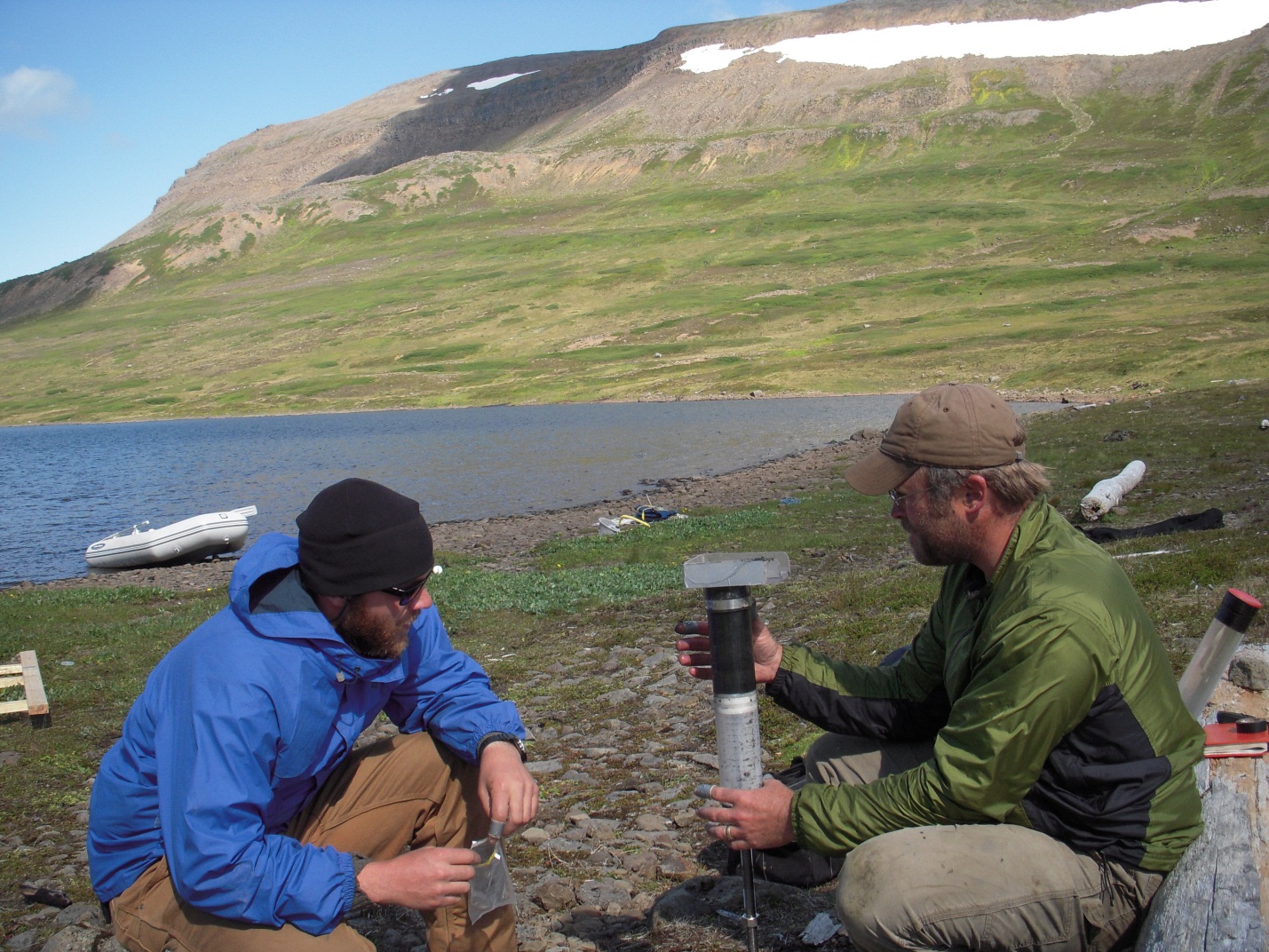2020 - 2021 Undergraduate Catalog [ARCHIVED CATALOG]
Geological Sciences
|
|
Faculty
Professor J. Bradford Hubeny, Chairperson
Professors: Douglas E. Allen, James L. Cullen, Jr.,
Assistant Professor: Sara Mana, Erkan Toraman
Laboratory Technician: Renee V. Knudstrup
Faculty Emeriti
Professors: Assem Badawy, Garland A. Gray, Jr., Lindley S. Hanson, Jeanette M. Sablock, Peter E. Sablock
Programs Offered
Bachelor of Science – Geological Sciences
Concentrations
Applied Geosciences: Forensic Concentration, BS
Applied Geosciences: Sustainability Concentration, BS
Geological Sciences, Earth Science Concentration, BS
Geological Sciences, Geology Concentration, BS
Minors
Earth Science
Geological Sciences
Programs in Geological Sciences
 The Department of Geological Sciences offers a Bachelor of Science in Geological Sciences. Students can choose from innovative concentrations that are built around a core sequence of courses in the department which give all students in the program a solid foundation in Geology, while emphasizing applied skills in the geosciences necessary for careers in sustainability, environmental, forensic education, and scientific research related fields. All majors are required to participate in our field geology courses in New England and the Western United States. The self-sponsored field course program is one of the unique strengths of our department. Along with our field program, each student is required to conduct an independent and original research project in collaboration with a faculty mentor. The senior scientific research program serves as our department capstone experience and better prepares the students for their professional life in the sciences. The Department of Geological Sciences offers a Bachelor of Science in Geological Sciences. Students can choose from innovative concentrations that are built around a core sequence of courses in the department which give all students in the program a solid foundation in Geology, while emphasizing applied skills in the geosciences necessary for careers in sustainability, environmental, forensic education, and scientific research related fields. All majors are required to participate in our field geology courses in New England and the Western United States. The self-sponsored field course program is one of the unique strengths of our department. Along with our field program, each student is required to conduct an independent and original research project in collaboration with a faculty mentor. The senior scientific research program serves as our department capstone experience and better prepares the students for their professional life in the sciences.
The concentrations in the B.S. in Geological Sciences are designed to help students develop skills for careers in the Geological Sciences. Examples of the career opportunities include environmental science and sustainability, public policy, hydrogeology, coastal zone management, watershed management, geologic mapping, mineral exploration, site assessment, oceanography, geophysics, tectonics, teaching in grades K-12, or to prepare students for law school or graduate work in Geology.
Faculty of the Geological Sciences Department are active scientific researchers. The faculty actively publishes results from funded research activities that span North America from New England to the Rocky Mountains as well as Africa and Iceland. Students of all stages of degree completion have an opportunity to directly participate alongside the faculty as research collaborators.
The department maintains state of the art geological and environmental equipment including; marine seismic sub-bottom profiler, elemental analyzer/isotope ratio mass spectrometer, ground penetrating radar, electrical resistivity meters, geomagnetic sensors, electromagnetic induction equipment, sediment coring systems, water chemistry probes, scanning electron microscope as well as rock saws, petrologic microscopes, and surveying equipment.
The Viking Environmental Stable Isotope Lab (VESIL) was established with funds from the National Science Foundation (NSF Grant # EAR1126128) and is housed within the Geological Sciences Department. The facility is dedicated to providing analytical services to students, researchers, and faculty from Salem State and institutions nationwide. We offer stable isotope and elemental analysis of several light elements, including carbon, nitrogen, and sulfur. Our continuous-flow EA/IRMS setup maximizes our sample throughput, providing high-quality services with short turnaround times. We are funded in part by NSF, USGS, ACS, Massachusetts Environmental Trust (MET) and Massachusetts Bay National Estuary Program (MassBays).
Center for Environmental Research (CESR) The Geological Sciences department is the home to Salem State University’s Center for Environmental Science Research. Within CESR, the Environmental Sedimentology Lab and the Viking Environmental Stable Isotope Lab are supported through grants from the National Science Foundation as well as local and state agencies. Research conducted within the center largely addresses environmental issues within the communities that surround Salem State.
Bachelor of Science - Geological Sciences
A minimum of 120 semester credits hours is required. For additional information please consult the departmental website.
Earth Science Association
The Earth Science Association is a student organization open to any Salem State student interested in the earth sciences. The Association sponsors field trips, lectures, and social events in cooperation with the Department of Geological Sciences.
Honors Programs
Candidates for departmental honors in the Geological Sciences shall fulfill the All College honors requirements as well as departmental requirements and specifications. The honors program is open only to seniors with at least a 3.3 GPA over-all. The student will take an oral examination before the Department Honors Committee based in part upon their research project and in part upon their general background of Geological Sciences course work. The examination will be given once each semester, the first week in December and the last week in April.
Students intending to teach in Grades K-12 should follow the Earth Sciences Concentration and consult with the departmental education coordinator. Candidates for teacher licensure in Massachusetts must also take and pass the Massachusetts Educators Certification Test. For information on admission to teacher licensure programs, please visit the School of Education section of this catalog. For information on Secondary Education requirements, please visit the Secondary Education Minor section of this catalog.
|